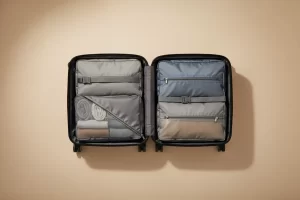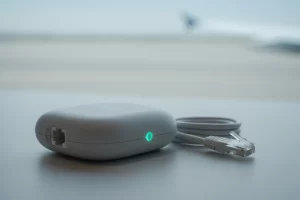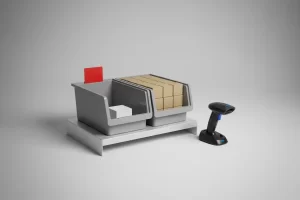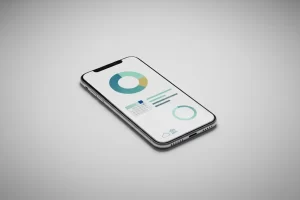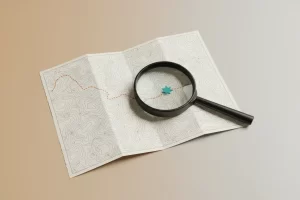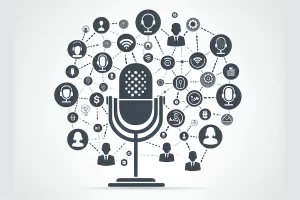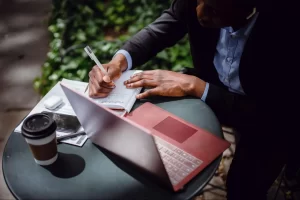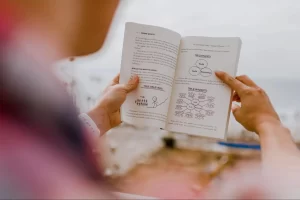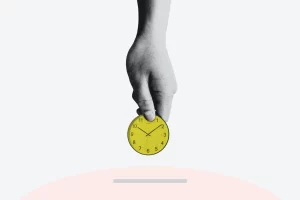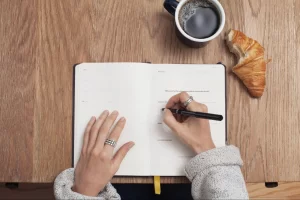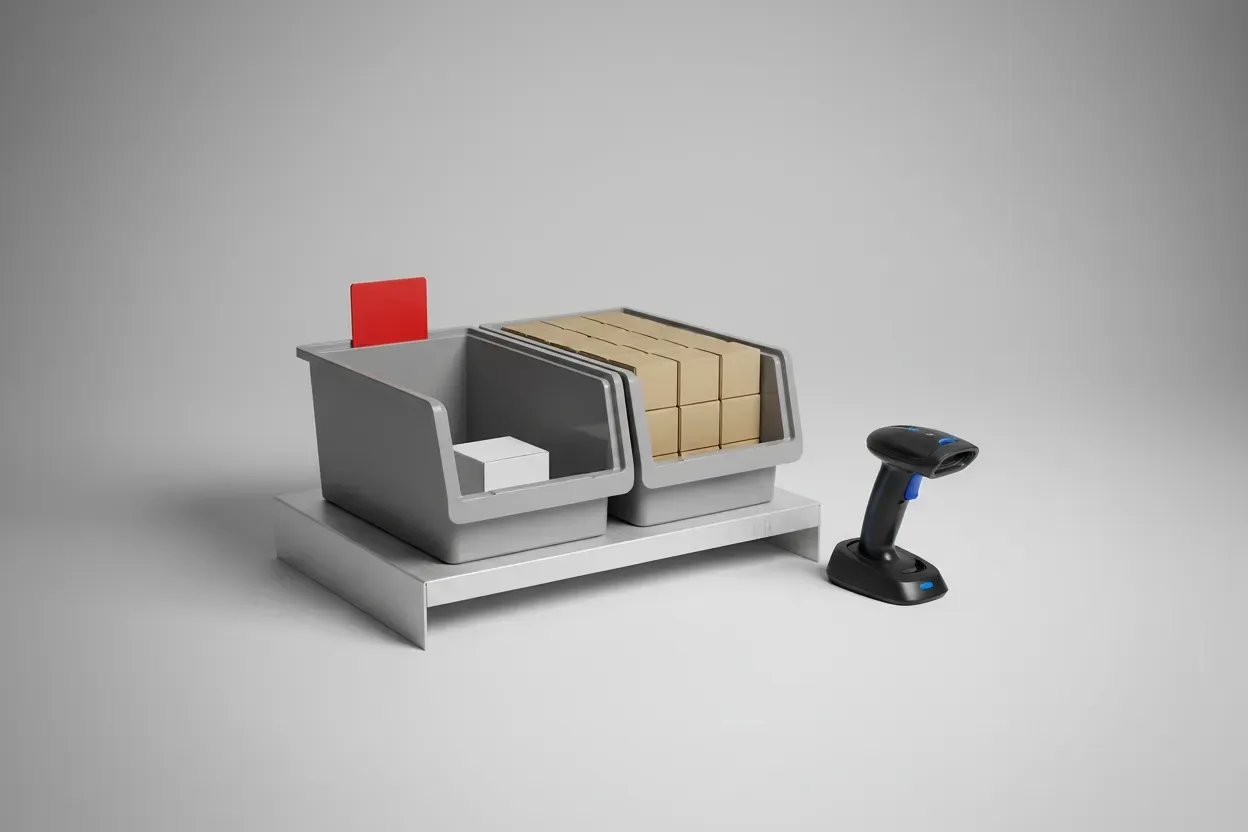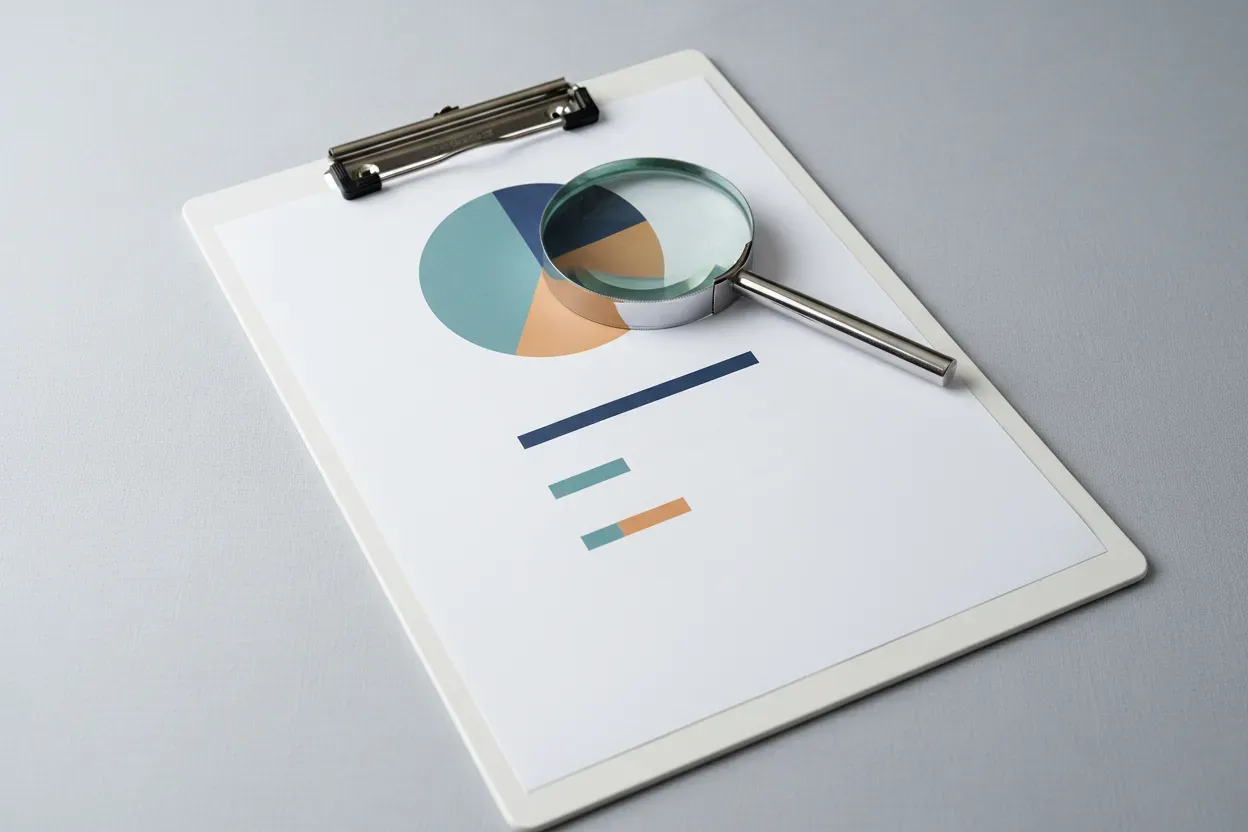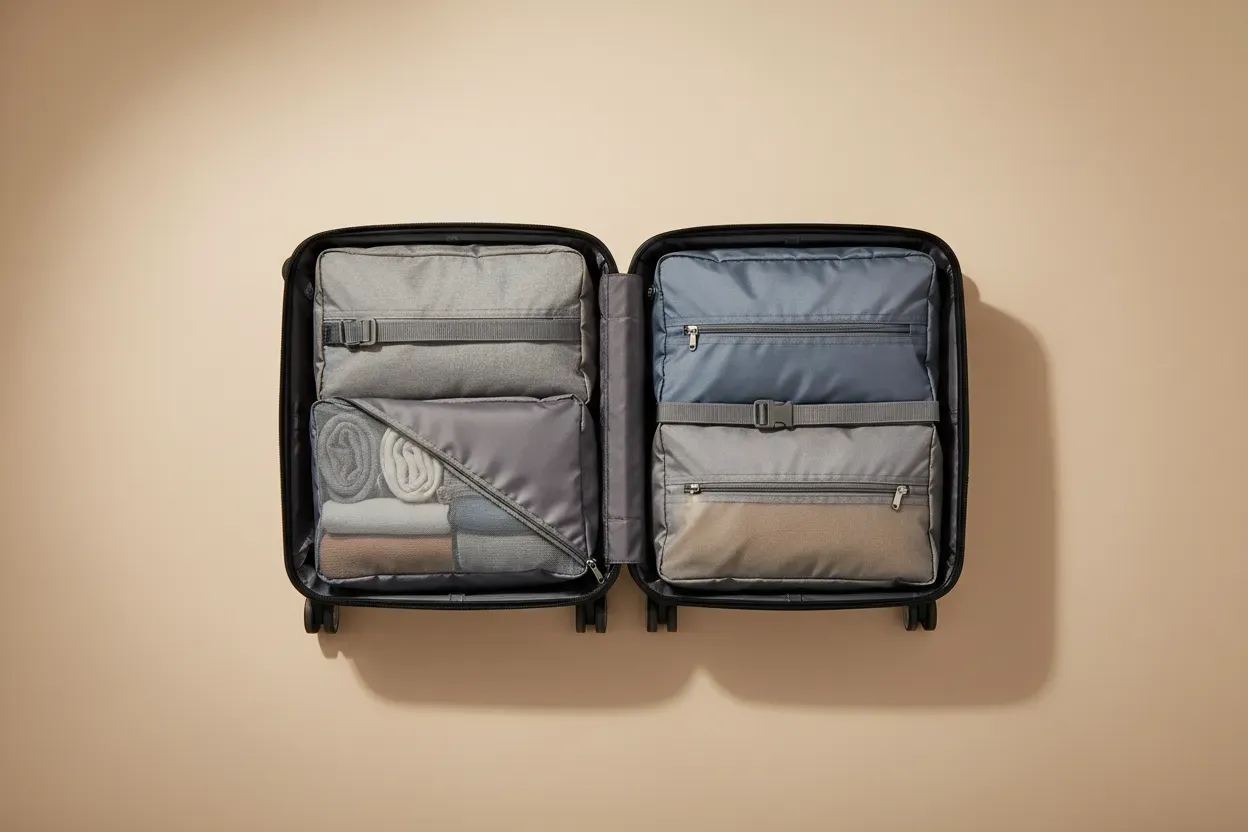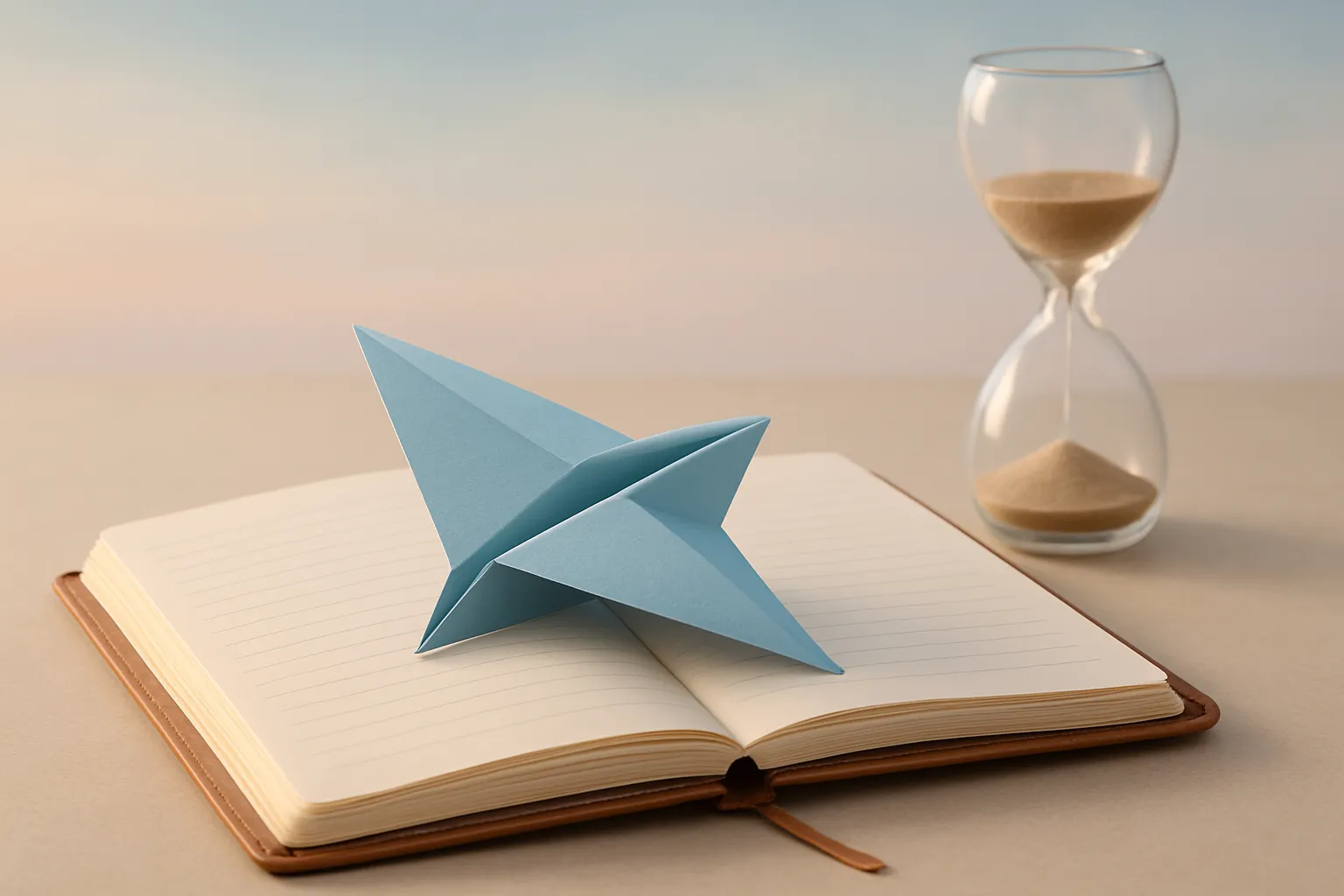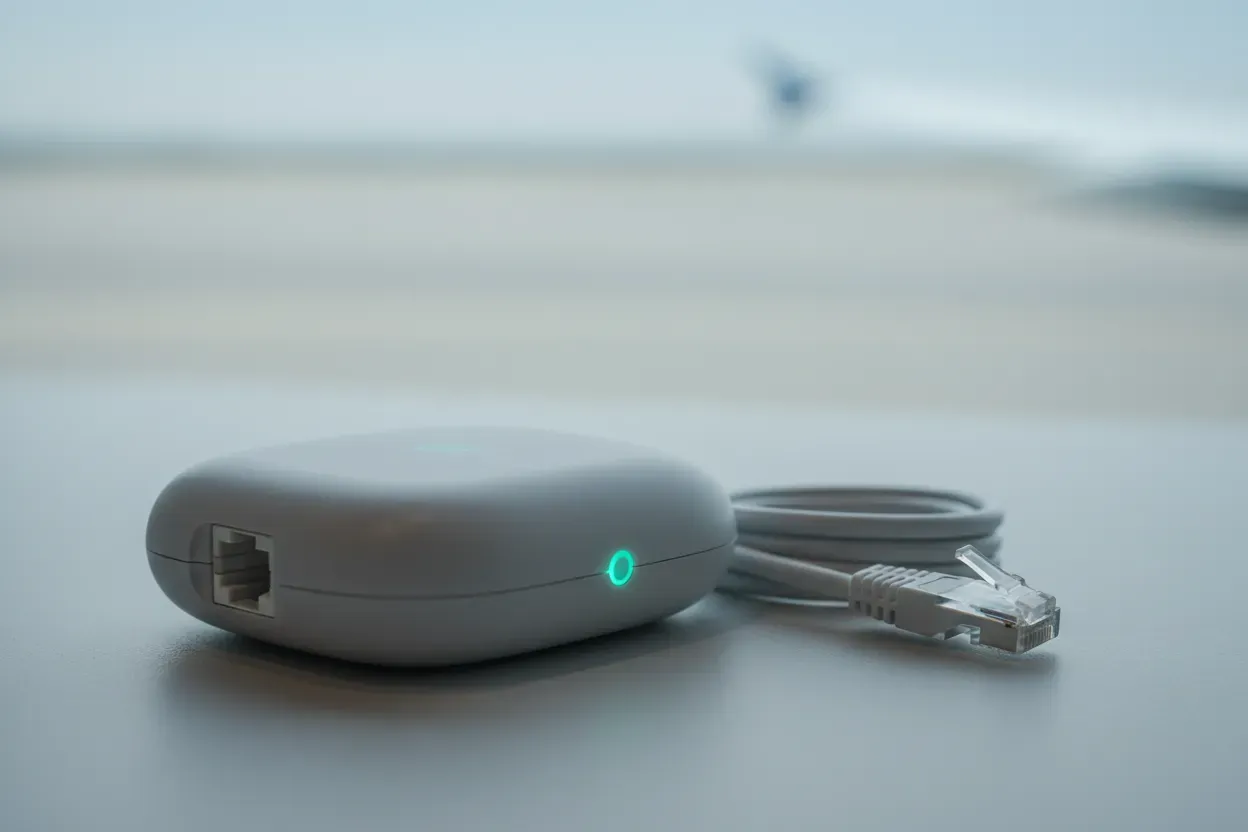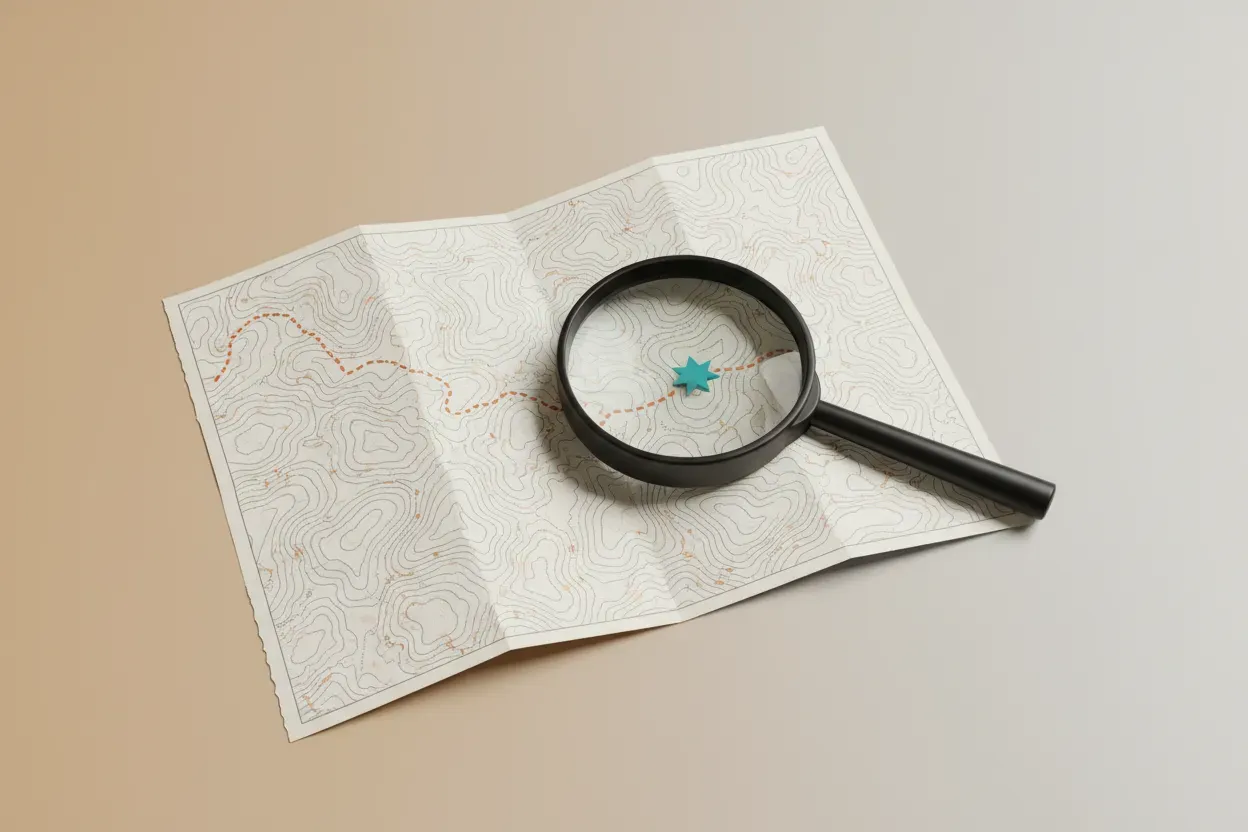How to Conquere Travel Anxiety: 12 Strategies from Pros
Travel anxiety can be a significant obstacle for many, but it doesn’t have to hold you back. This article presents expert-backed strategies to help you overcome travel-related stress and worry. From practical preparation tips to mental techniques, these insights will equip you with the tools to approach your next journey with confidence and ease.
- Redirect Thoughts to Your Travel Purpose
- Use Bilateral Stimulation to Calm Nerves
- Prepare Your Nervous System for Travel
- Ask Solution-Focused Questions Before Trips
- Create Checklists and Practice Mindfulness Exercises
- Control Sensory Input During Flight
- Develop Thorough Backup Plans
- Compile Detailed Digital Itineraries
- Break Down Trip Into Manageable Steps
- Pack a Reliable Power Bank
- Practice Mindfulness Meditation While Traveling
- Focus on Building Your Life Resume
Redirect Thoughts to Your Travel Purpose
Know your “why.” We travel for a reason: to visit family, to experience something new, to show up for someone we love. When you get anxious, it helps to redirect your thoughts to the reason for the trip. Get as specific as you can: how will it feel to finally hug your family member after a long time apart? What part of your trip to a new country are you most looking forward to? What will it mean to your loved one that you attended their graduation? Use your imagination to visualize all the details; your mind and body will calm in response.
 Heather Brown
Heather Brown
Lcsw and Founder, Evoluer Counseling
Use Bilateral Stimulation to Calm Nerves
As someone who specializes in trauma and nervous system regulation, I’ve found that travel anxiety often stems from our body getting stuck in fight-or-flight mode before we even leave home. My most effective strategy is using bilateral stimulation – the same technique from EMDR therapy – while traveling.
I teach clients to do butterfly taps on their knees during takeoff, in security lines, or whenever anxiety spikes. Cross your arms over your chest and alternately tap each shoulder with opposite hands, or simply tap your knees back and forth. This activates both brain hemispheres and naturally calms your nervous system within 30-60 seconds.
What makes this different from breathing exercises is that it works directly with your body’s stress response rather than trying to think your way out of anxiety. I had one client who went from experiencing panic attacks during every flight to sleeping peacefully after using this technique for just two weeks. The bilateral movement literally rewires how your nervous system processes the stress of travel.
The key is starting the tapping before you feel overwhelmed – use it proactively in the car to the airport or while waiting at your gate. Your nervous system learns to associate travel with safety rather than threat, breaking the anxiety cycle at its source.
 Lauren Hogsett Steele
Lauren Hogsett Steele
Therapist, Pittsburgh Center for Integrative Therapy
Prepare Your Nervous System for Travel
As someone who spent years running from myself through self-destructive behaviors, I learned that travel anxiety is usually our nervous system’s way of protecting us from feeling out of control. My most effective strategy is what I call “nervous system prep” – treating your body as if you’re training for an athletic event rather than just planning logistics.
I have my clients perform a specific breathing exercise 48 hours before traveling: breathe in for 4 counts, hold for 7, exhale for 8. This activates your parasympathetic nervous system and literally rewires your body’s stress response. One client went from experiencing panic attacks at airports to actually enjoying her honeymoon flight using this technique.
The game-changer is creating what I call “sensory anchors” during your prep time. Find a scent (like lavender oil), a playlist, or even a smooth stone you can carry. When anxiety hits during travel, these familiar sensory cues signal safety to your nervous system instantly. Your body remembers calm even when your mind doesn’t.
Most people pack their suitcase but forget to pack their nervous system. I teach clients to spend 10 minutes the night before visualizing themselves moving through each travel step feeling grounded and capable. This isn’t positive thinking – it’s literally rehearsing a calm nervous system response so your body knows what to do when stress hits.
 Brooke Brandeberry
Brooke Brandeberry
Therapist, Ebb and Flow Seattle
Ask Solution-Focused Questions Before Trips
As someone who coaches high-achieving entrepreneurs through major transitions and has spoken at events worldwide, I’ve learned that travel anxiety often stems from our brain asking the wrong questions. When we ask, “What if something goes wrong?” our Reticular Activating System (RAS)–the brain’s filter–starts finding evidence to support that fear.
I completely transformed my travel experience by switching to solution-focused questions before any trip. Instead of “What if my flight gets delayed?” I ask, “How can I use unexpected time productively?” Instead of “What if I forget something important?” I ask, “What are the three essentials I absolutely need, and how can I secure backup plans?”
Last year, when I had a speaking engagement that required three connecting flights, I spent five minutes the night before writing down empowering questions about each potential scenario. When my first connection was delayed, my brain immediately started problem-solving instead of panicking. I ended up having productive calls during the layover that led to two new client referrals.
The key is training your RAS 24-48 hours before travel, not in the moment of stress. Your nervous system responds to the direction you point your attention, so point it toward solutions rather than problems.
 Dr Barbara Eaton
Dr Barbara Eaton
Coach, Dr Barbara Eaton
Create Checklists and Practice Mindfulness Exercises
As a psychotherapist, I recognize that many different factors can induce anxiety, including travel. My most effective strategy in helping clients deal with travel anxiety is preparation. I assist clients in making checklists, packing early, and planning buffer time to reduce stress. I encourage clients to use mindfulness exercises such as deep breathing, body scans, and meditation. It can also be helpful to bring small comforts like a book or calming playlists to help stay grounded and focused during the journey.
 Madelyn Lunder
Madelyn Lunder
Psychotherapist, Madison Square Psychotherapy
Control Sensory Input During Flight
For me, I’ve found that sensory control is the best way to deal with pre-take-off jitters. Personally, it means putting on noise-cancelling headphones as soon as I find my seat since they’re great for dulling the cabin noise and they also prevent my brain from listening for odd sounds.
Then, I perform three cycles of box breathing (four counts in, hold, out, hold). Once airborne, I remind myself that turbulence is just “sky potholes” and that wings are designed to flex – especially in turbulence.
 Bryce Collins
Bryce Collins
Marketing Director, INTRO
Develop Thorough Backup Plans
My most effective strategy for dealing with travel anxiety is thorough preparation before any trip. I experienced this firsthand when traveling to a conference in Berlin and my phone completely froze, but I remained calm because I had brought paper maps and printed my essential information in advance. Having backup plans for navigation, accommodations, and key contacts helps me feel more in control during travel. This level of preparation significantly reduces my anxiety and allows me to focus on the purpose of my trip rather than potential problems.
 Tim Choate
Tim Choate
CEO & Founder, RedAwning
Compile Detailed Digital Itineraries
My most effective strategy for dealing with travel anxiety is creating detailed digital itineraries that I can access offline. I compile all confirmation numbers, addresses, phone numbers, and backup plans into a single document saved on my phone and cloud storage. This preparation eliminates the fear of being stranded without crucial information.
I also pack a small “comfort kit” with essentials like phone chargers, snacks, and entertainment downloaded offline. Having these backup resources readily available reduces anxiety about unexpected delays or complications. The key is shifting from worrying about potential problems to actively preparing solutions. When I know I have contingency plans for common travel issues, I can focus on enjoying the journey rather than stressing about what might go wrong during transit.
 Qianqian He
Qianqian He
Founder, BOXKING GAMING
Break Down Trip Into Manageable Steps
For myself, the biggest way I’ve been able to overcome travel anxiety is by preparing for all of the little things that typically lead to stress. If I think too much about all of the “what ifs” that make me anxious — what if I miss my flight? What if I can’t find a ride for my transport? What if I don’t have something important? — I get really anxious. So now I try to over-prepare with checklists, I print out digital copies of documents, and I arrive at the airport earlier than I actually need to.
Another way I combat my anxiety is by breaking down my trip into steps. Instead of worrying about getting from point A to Z, I focus on each step along the way: getting through security, finding my gate, boarding, etc. Breaking my travel into smaller steps instantly calms me down and makes it feel like less of an overwhelming process. Also, if I begin to feel anxious, I often put on soothing music or a calming podcast, which helps change my focus and calms me down.
 Vaarrun Bhurria
Vaarrun Bhurria
Marketing Coordinator, Destination Big Bear
Pack a Reliable Power Bank
When it comes to managing travel anxiety, I find that preparation is key to maintaining peace of mind. One strategy that has consistently worked for me is ensuring I always pack a reliable power bank in my travel essentials. This simple tool guarantees that my phone remains charged throughout the journey, allowing me to stay connected with colleagues and loved ones, access navigation services, and utilize mental wellness resources like AItherapy when needed. Travel inherently involves unpredictable situations, and having access to these digital tools helps me stay grounded and focused regardless of delays or unexpected changes. Knowing I can maintain these connections provides significant comfort and reduces the stress that often accompanies travel.
 Ali Yilmaz
Ali Yilmaz
Co-Founder&CEO, Aitherapy
Practice Mindfulness Meditation While Traveling
My most effective strategy for dealing with travel anxiety is practicing mindfulness meditation before and during my journeys. I focus on taking deep, intentional breaths while consciously grounding myself in the present moment rather than worrying about potential travel disruptions. This simple practice has significantly reduced my stress levels during travel and helps me maintain a sense of calm even when facing unexpected challenges.
 Kristina Bronitsky
Kristina Bronitsky
Director of Consumer Marketing, RedAwning
Focus on Building Your Life Resume
Travel is an opportunity to focus on your life resume and not just your work resume. When comparing the two, it’s easy to see which one may need more attention. While we often focus on the currency of our bank accounts, we forget the value of time, experiences, and connections. As you’re packing your bags, waiting in ticket lines, and driving long distances, remember you are investing in your life resume. Relationships are the currency of the universe. Travel offers an opportunity for you to focus on the most important one: the relationship with yourself.
 Sienna Eve Benton
Sienna Eve Benton
Alternative Medicine, Soul Science

